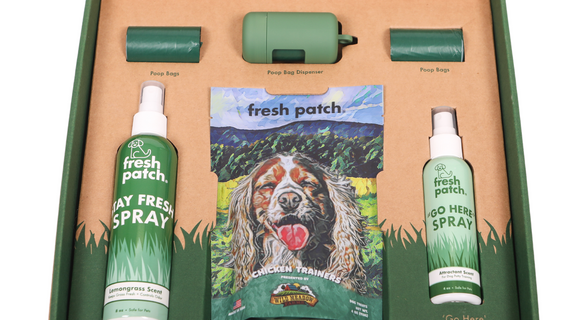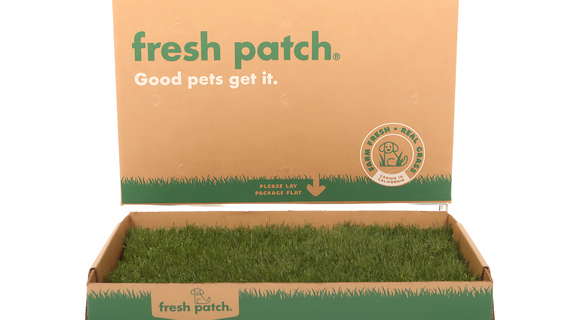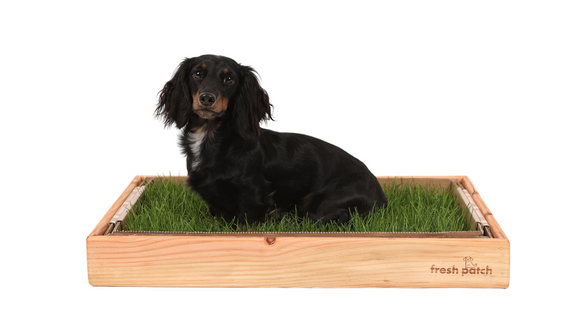Helping Dogs with Anxiety
Since we want our furry best friends to be nothing but happy and healthy, it can be stressful when they're, well... stressed. While you might be able to eliminate some stress easily, other deep-seated anxieties might be more difficult to help your dog with. If your dog is suffering from anxiety, here are some tips to help ease their minds, and hopefully, become happier and healthier.
Common Dog Anxiety Symptoms
Maybe you're unsure if your dog has anxiety or not. If your dog is showing any of these signs, it might mean that they are having a problem with chronic anxiety.
- Aggressive behaviors (lunging, snarling at other dogs or people)
- Excessive licking/chewing
- Destroying items
- Excessive barking
- Shaking
Causes of Dog Anxiety
Just like humans, there can be a number of reasons why dogs experience anxiety. And often, those reasons can be similar! Here are some reasons why your dog might be experiencing anxiety:
- Separation anxiety
- Past trauma
- Phobias (yes, dogs can have phobias!)
- Chronic illness/chronic pain
What You Can Do
When you realize that your dog has anxiety and can theorize about the cause, you can begin to help them. Here are some steps you can take to ease your dog's anxiety both short-term and long-term.
Limit Time Alone - Limit the amount of time that your dog is home alone for. This is especially important for dogs with separation anxiety. Instead of helping train them to adjust to time alone, leaving them alone for too long will most likely worsen their anxiety. If you aren't able to be home, arrange for visits from a dog walker so that they get socialization. Hopefully, this expected midday visit will comfort them and help them adjust in the long run.
Desensitization - Another method to help dogs is desensitization, which helps introduce a dog to the source of their anxiety. This can greatly help to reduce a dog's fear to certain triggers, but it must be done very gradually. A slow and consistent exposure to their fear might help towards managing and diminishing their anxiety.
Hire a Behaviorist - Hiring a behaviorist can be costly, but it's often worth it to figure out what is going on with your dog. A behaviorist can help identify your dog's trigger points (which is helpful if your dog is suffering from trauma-related anxiety) and can suggest a plan of action.
Medication - Medication is often a last resort, but it can be the right choice depending on the severity of your dog's anxiety and whether or not other methods have worked. These medications often are in the form of anti-depressants, and while they can help an anxious dog tremendously, they can also be tough on their body.
And of course, if you think your dog has anxiety, you can always go to your veterinarian for advice!
Avoid potty accidents.
Make your dog's potty time hassle-free with Fresh Patch. REAL, farm-grown grass pads that are disposable and delivered right to your door!






